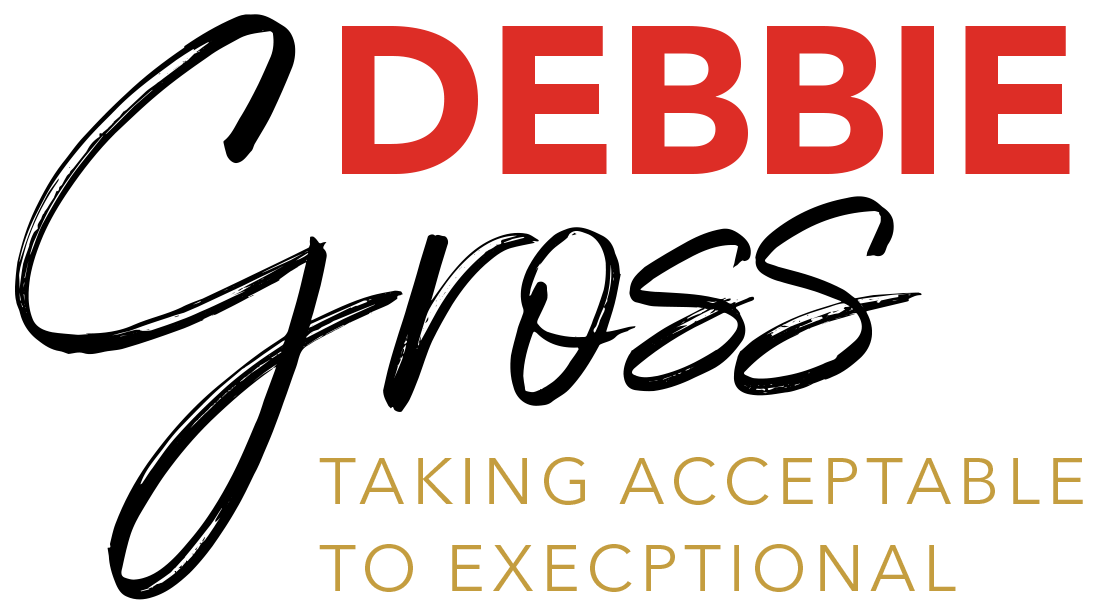Being an executive assistant for over 30 years and mentoring others in the same field throughout my career has taught me one thing: the workload never seems to end. I often jest that if you see a light at the end of the tunnel, it's just an oncoming train. The work we manage is always ongoing.
It's not just the volume of work; it's also about managing the needs and expectations of the leaders and organizations we support. My leader was no exception; he often handed me what I affectionately termed "Projects from Hell." Many evenings, I'd return home exhausted, change into my comfy sweats, and dive into the emails I couldn't tackle during the day.
Taking time off was nearly non-existent. The workload was immense, and I didn't trust anyone else to handle it the way I did. In fact, when my husband and I finally managed a few days off, I brought my laptop, just in case they needed me.
I thought I could handle it all, but eventually, I became so stressed that I got sick and couldn't even get out of bed. That wasn't the kind of time off I wanted. My lack of boundaries also manifested in my emotions; my face, body language, and occasionally, a frustrated scream, especially when I received that one request that pushed me over the edge. (Yes, I once had a shouting match with a copy machine - can you believe that?)
I had no work boundaries, and it was taking a toll on my health. Fortunately, my leader respected my personal time, but my team assumed I should always be available.
I know many of you in similar roles probably feel the same way I did. If we don't set realistic boundaries for ourselves, we'll eventually pay the price. Recently, I spoke with an executive assistant who had been working for a few months for a leader whose organization bombarded her with texts, calls, voicemails, and emails throughout the weekend, even though the requests weren't time-sensitive. My advice to her was simple: it's time to set personal boundaries and communicate the importance of family time.
I've also heard executive assistants share with me that their leaders or organizations expect them to be available 24/7. Personally, I believe there's only one entity we should be available to 24/7, and that's a higher power.
It's time to educate those who depend on us that we're human beings. We have lives, families, hobbies, and dreams beyond our job responsibilities.
How to Establish Realistic Boundaries:
-
Stop responding to texts, voicemails, and phone calls over the weekend or before bed unless it's a genuine emergency.
-
Create an automated message or notification that informs others of your unavailability for a specific period, promising to respond after that time.
-
When appropriate, share your family plans and expectations with your leader, helping them understand that you have a life outside of work.
-
Take days off when you disconnect from all company-provided technology - go dark and recharge.
Think of this role as that of an athlete; taking time to care for yourself is essential. Revisit your hobbies to mentally unplug and stimulate your brain. Exercise, take a long walk, or relax with a cup of tea and a good book. Remember, the work will still be there when you return to the "Office Rockstar"stage.
By setting boundaries, you can achieve better work-life balance and maintain your well-being in the high-pressure world of executive support.

.jpg?width=50&height=50&name=Simpson_Portraits_Web_3469%20(2).jpg)




Reviews
Write a review